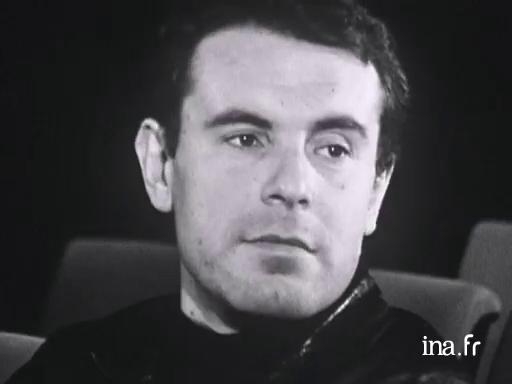Milos Forman Interview

Information
On his way through Paris, Henry Chapier met Milos Forman in a cinema theatre in the Latin quarter. Following a brief portrait of the filmmaker who was then at the start of his career, Forman explained how he began in the cinema, his reasons for choosing amateur actors in L'as de pic and Les amours d'une blonde. He talks about his favourite filmmakers, his relationship to the Italian neorealist cinema and the use of music in his films.
Context
Czech filmmaker Milo? Forman was 34 years old in 1966 when The Ace of Spades (1963) came out in his country, and with Loves of a Blonde (1965) he comes across as the leader of a local "new wave", which other directors such as Vera Chytilová and Jaromil Jire? participate in: freedom in tone, humour and a taste for satiric realism - which recalls a form of "cinema-vérité" - remind the former Prague cinema school student of Godard, Chabrol and Rivette's first fiction stories. Forman's films, written with Ivan Passer, describe generational conflicts and fight the prevailing conformism in their own way.
A forerunner of the spirit of the Prague Spring, Forman will only shoot one final film in his country - the symbolic The Firemen's Ball in 1967 - before being forced into exile in 1968. Since then, he pursued a remarkable career in the United States, where he became a naturalised citizen in 1977. His record includes such noteworthy works such as One Flew Over the Cuckoo's Nest (1975), Hair (1979), Amadeus (1984) and Man on the Moon (1999).



























